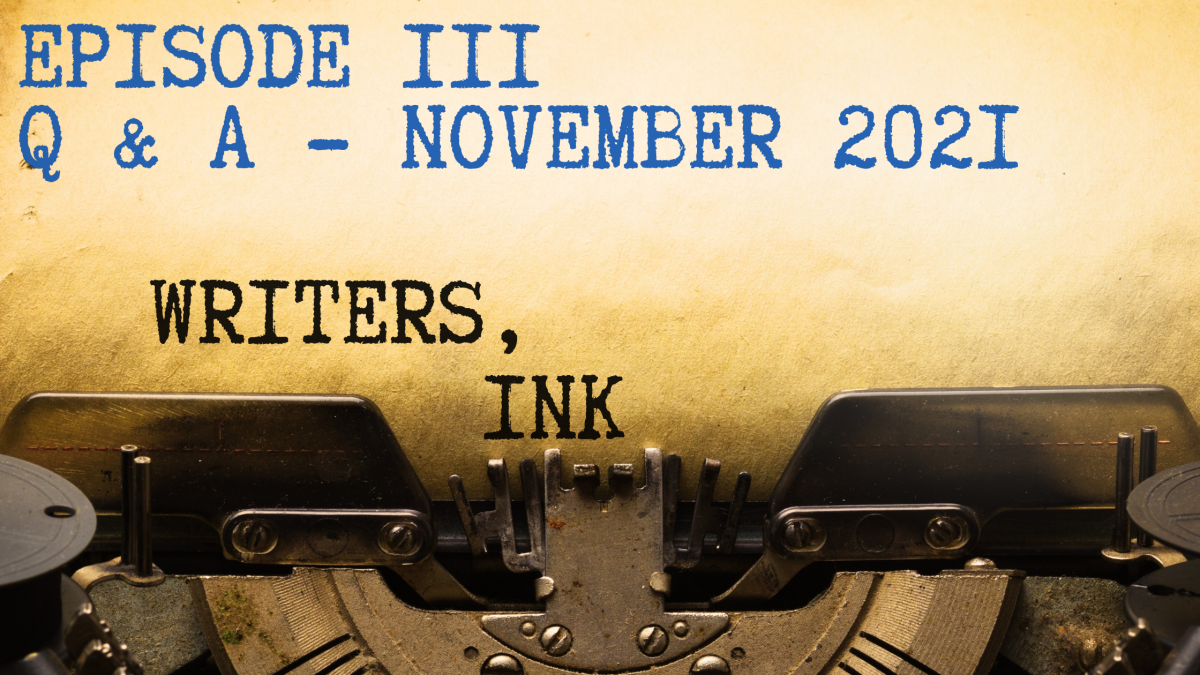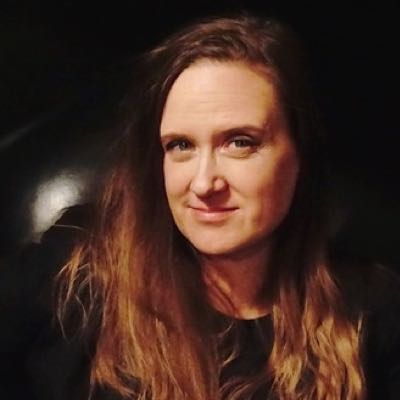

Q&A Episode – November 2021
In this monthly q & a session, the guys answer listener questions.
Whether you’re traditionally published or indie, writing a good book is only the first step in becoming a successful author. The days of just turning a manuscript into your editor and walking away are gone. If you want to succeed in today’s publishing world, you need to understand every aspect of the business – editing, formatting, marketing, contracts. It all starts with a good book, then the real work begins.
Join international bestselling author J.D. Barker and indie powerhouses, J. Thorn and Zach Bohannon, as they gain unique insight and valuable advice from the most prolific and accomplished authors in the business.
Join us on Patreon and ask your question LIVE on the podcast!
https://www.patreon.com/writersinkpodcast
Questions asked:
- I’ve been writing some short stories lately as a way to sharpen my skills with story structures. I’m thinking some of them might work well as full-length novels. I like that the short story provides a solid outline to develop a longer character in a more involved plot line. My question for you is, have you ever taken a short story and expanded it into a novel? And what was your experience?
- How do you weigh administrative costs vs potential returns? You are each building things outside of just writing books (Zach just started a Discord, J’s doing NFTs, and JD is has real estate investments). Knowing that with each of these things there is a cost of time and effort, how do you decide if something is worth it? Also, how do you think about the term limit on that investment (discord groups or NFTs could potentially go on forever)? Does that weigh into your decision-making?
- Hey J, Zach, and JD… how do you view the holiday season–a time to get away from writing, or a time to double-down when everyone else is busy?
- When should you start shopping for a book cover-before, in the middle, or after you’re finished writing your manuscript?
- What are your go-to’s for podcasts and blogs?
- Perhaps you could each answer this. Ignore cover, blurb, title, marketing etc. What one writing skill would you like to improve for your own writing, and how could you gain that skill?
Links:
J. D. Barker – http://jdbarker.com/
J. Thorn – https://theauthorlife.com/
Zach Bohannon – https://zachbohannon.com/
Proudly sponsored by Kobo Writing Life – https://kobowritinglife.com/
Music by Nicorus – https://cctrax.com/nicorus/dust-to-dust-ep
Voice Over by Rick Ganley – http://www.nhpr.com and recorded at Mill Pond Studio – http://www.millpondstudio.com
Contact – https://writersinkpodcast.com/dev/contact/
*Full disclosure: Some of the links are affiliate links.





Christopher Wills
4 years ago
Interesting questions and answers today.
Reference time off for things like Christmas, I will be writing on Christmas day but I enjoy writing so why not? I occasionally take time off. Sometimes my words dry up or I write myself into a hole and it doesn’t bother me because if I take one or two days off from writing I bounce back. I normally use that time for reading which is great because I love reading; or I sketch. I’ve never been a good artist but I enjoy trying. I am into urban sketching which I believe is also big in the US. Not brave enough to do it on the streets yet, so I take photographs and retire home to produce the picture. I think it helps writing because art is art and all manifestations, painting, drawing, playing music, stimulate the same areas of the brain, like exercising a muscle.
Great show.
J. Thorn
4 years ago
Urban sketching. Is that when you draw a white line around a body?
Christopher Wills
4 years ago
Not any more to avoid forensic contamination of potential DNA evidence, although some films and TV still use it. Apparently it was used to allow the press to take photos once the body was removed to maintain good relations with them.
My version is pen and wash sketching of buildings and street scenes.